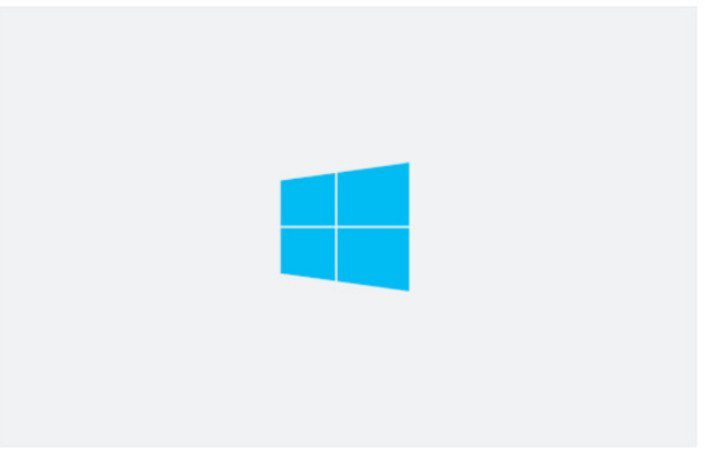A Virtual Private Network (VPN) is a service that allows you to connect to the internet through a secure, encrypted connection. You are assigned a new internet protocol (IP) address when you connect to a VPN. This IP address like 192.168.1.1 is used to route all of your traffic through the VPN server, and the VPN server then forwards your traffic to the destination server. This makes it appear as if you are connecting from the VPN server rather than from your actual location.
While VPNs are widely used, many people don’t know all the benefits they offer. Here are five benefits of using a VPN that you may not have known about.
1. Access to Blocked Content
A VPN can bypass censorship and access websites that are blocked in your country. This is especially useful when traveling to countries with restrictive internet laws. For example, if you are traveling outside of the United States and want to watch your favorite American shows, you can use a VPN to unblock them. However, you should keep in mind that there are countries with laws against using a VPN to bypass blocked content. Furthermore, regardless of the country you’re in, doing something illegal while connected to a VPN is still illegal.
2. Increased Security and Privacy
A VPN, or virtual private network, is a service that creates a secure, encrypted connection between your device and the internet. While VPNs are often used to connect to public Wi-Fi networks, they can also be used to secure your internet connection at home or work. Using a VPN provides a higher level of security and privacy than connecting to the internet without one. VPNs encrypt your traffic, making it difficult for anyone to track your online activity.
3. Improved Online Performance and Speed

A VPN can help improve your online performance in several ways. For starters, a VPN can route your traffic through a server in a different location, which can help speed up your internet connection. In addition, using a VPN can help reduce lag, as your data will be traveling through a less congested network. This way, you can enjoy a smooth, lag-free browsing experience no matter where you are in the world. A VPN is remarkably useful for anyone who frequently travels and wants to stay connected while on the go.
4. Affordability and Ease of Use

VPNs are affordable and easy to use. All you need is a VPN subscription and a device that can connect to the VPN. For example, you can use VPNs on your computer, phone, or tablet. VPNs are affordable and easy to use because they utilize public infrastructure, such as the internet, to provide remote access to users. VPNs are typically priced according to the number of users and devices using the service. In addition, VPNs are easy to use because they do not require any specialized equipment or software.
5. Secure Remote Work

VPNs can allow employees to connect to the company network remotely, offering a secure connection for remote work. This can be done by setting up a VPN server in the office and then giving employees access. This way, they can connect to the office network from anywhere in the world, as long as they have an internet connection. As a result, employees can access their work files and emails from anywhere, which can be helpful for working from home or traveling. Additionally, a VPN can provide an extra layer of security for the office network while employees work remotely.
Using the Benefits of VPNs
Now that you know the many benefits that a VPN can offer, you can make an informed decision about whether this piece of technology is right for your needs. With benefits like unblocking content, increased security, performance, affordability, and securing remote work, it’s no surprise why VPNs are so popular.





